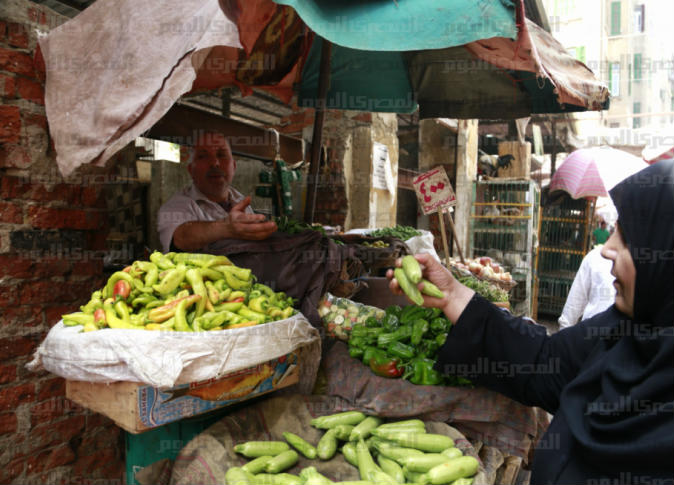London–More than a third of people in the major developing economies expect their finances to improve in the next six months, reflecting relative confidence about the outlook as only 9 percent expect a deterioration, a poll shows.
Brazilians were most optimistic in the survey, conducted by market research firm AC Nielsen for Swiss bank Credit Suisse, and covering Brazil, China, India, Russia, Indonesia, Egypt and Saudi Arabia. It asked 120 questions on personal finances and consumption patterns of respondents of different locations, genders and income levels.
Some 38 percent of 13,000 people polled expected some improvement in personal finances over the next six months, compared to just 9 percent expecting a deterioration.
In Brazil, 63 percent of respondents saw a gain in personal finances in six months and just 4 percent expected a worsening. China and India came in next and close together, with 45 percent and 43 percent respectively optimistic on the next six months.
Egypt was most pessimistic of the seven countries involved, with 38 percent expecting personal finances to deteriorate and only 12 percent expecting things to get better.
Some 27 percent of Russians polled were upbeat on their finances, with 10 percent expecting them to worsen.
"In aggregate, the survey suggests consumers in the emerging world are relatively confident in their outlook for the next 12 months," Credit Suisse strategists said in a forward to the survey results.
"The strength of real income growth is a factor that distinguishes the optimistic from the relatively pessimistic consumer within the aggregate," they added. "Consumers in China and Brazil reflect the former and Russia and Egypt the latter."
Credit Suisse said the overall results show that a shift to discretionary spending continues.
Demand for items like protein foods or mobile phones increases rapidly as very low incomes improve, they said.
But as soon as average monthly household income exceeds about 1,000 US dollars — adjusted for purchasing power — consumption of essential goods and services tends to tail off in favor of discretionary items such as cars or fashion goods.
Apart from rich Saudi Arabia, where only 3 percent of households polled earn less than 1,000 dollars a month, five of the remaining countries show more than half their households are on incomes of less than 1,000 dollars.
Indonesia and Egypt have 91 percent and 87 percent of households on less than 1,000 dollars a month, while almost a fifth or more of households in Russia, China and Brazil have incomes of more than 2,000 dollars a month.
Given their sheer size, China and India dominate most groups in terms of raw numbers. For example, Credit Suisse points out that the number of high income households in India earning over 2,000 dollars a month is more than twice that of Russia despite gross domestic product per capita being 80 percent lower than in Russia.
Credit Suisse said the survey found that international brands have the upper hand among consumers regarding discretionary spending.
But for essential items such as bottled water and dairy produce, the preference for international brands over local brands was not particularly strong for any income level.

